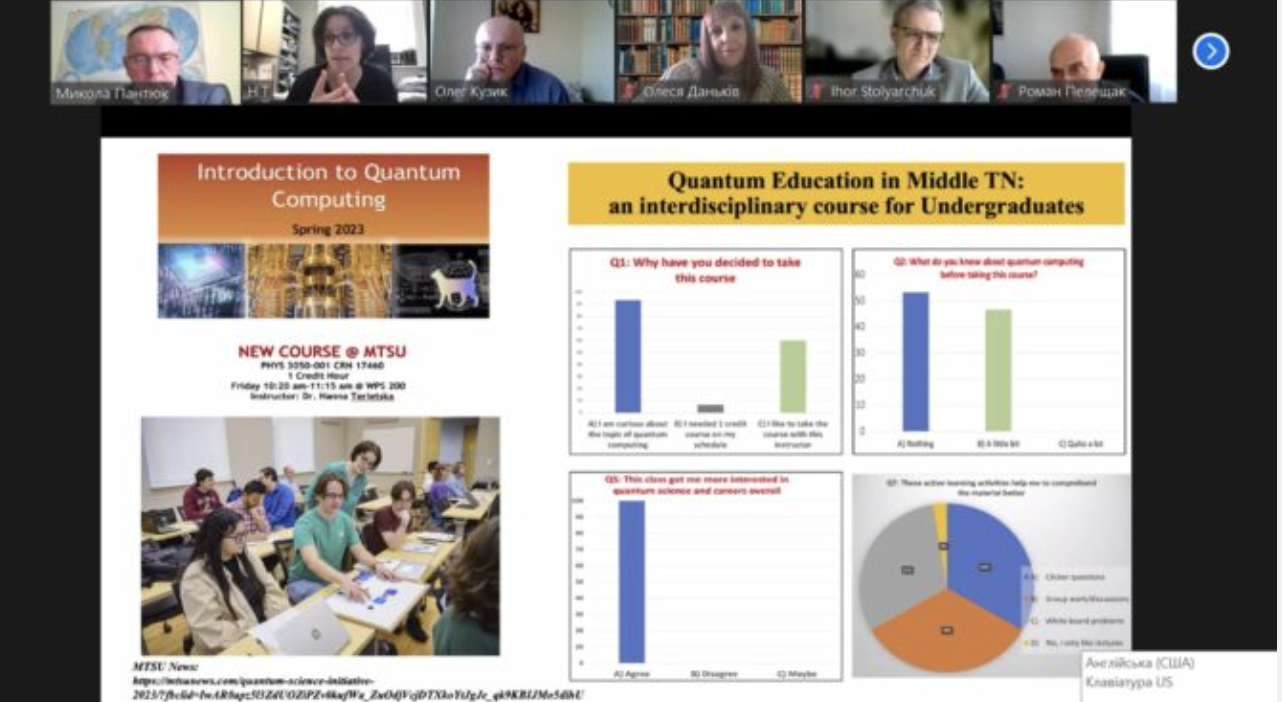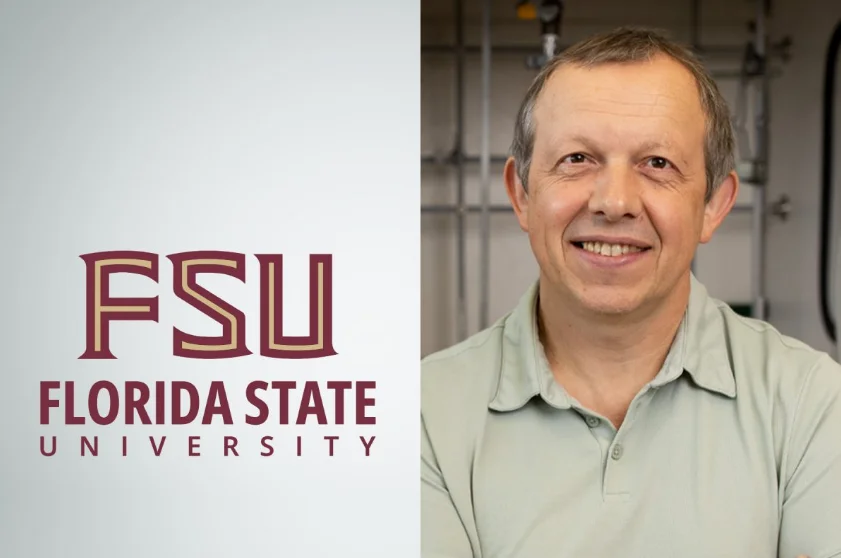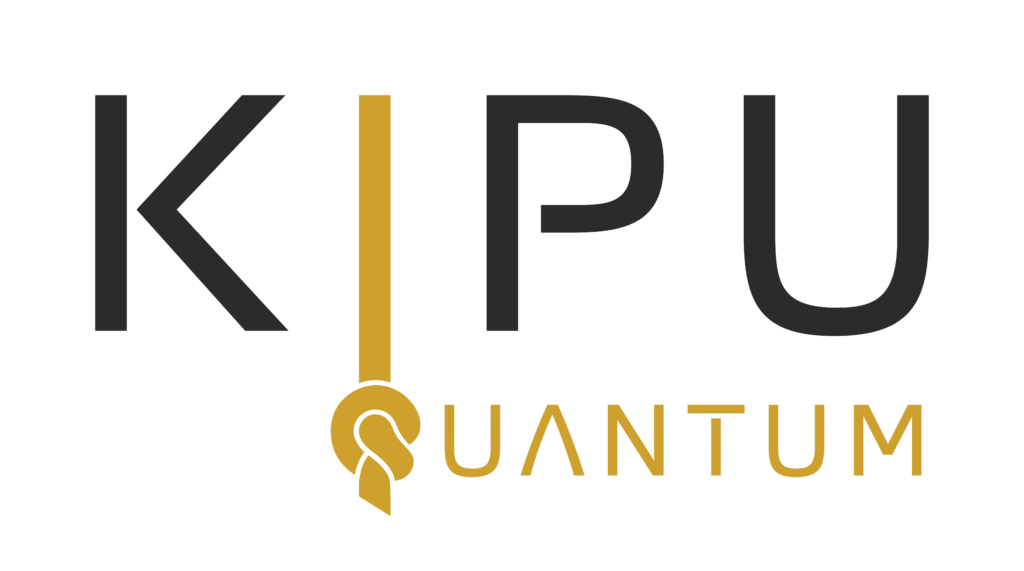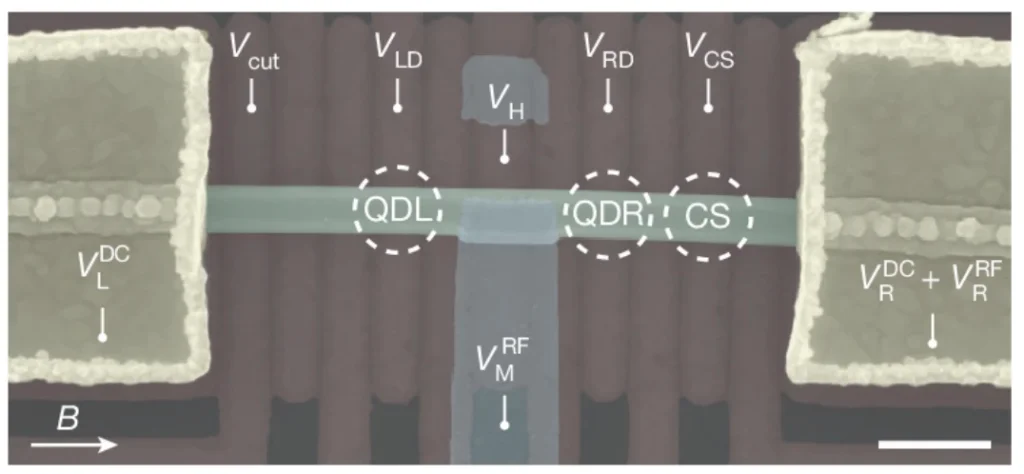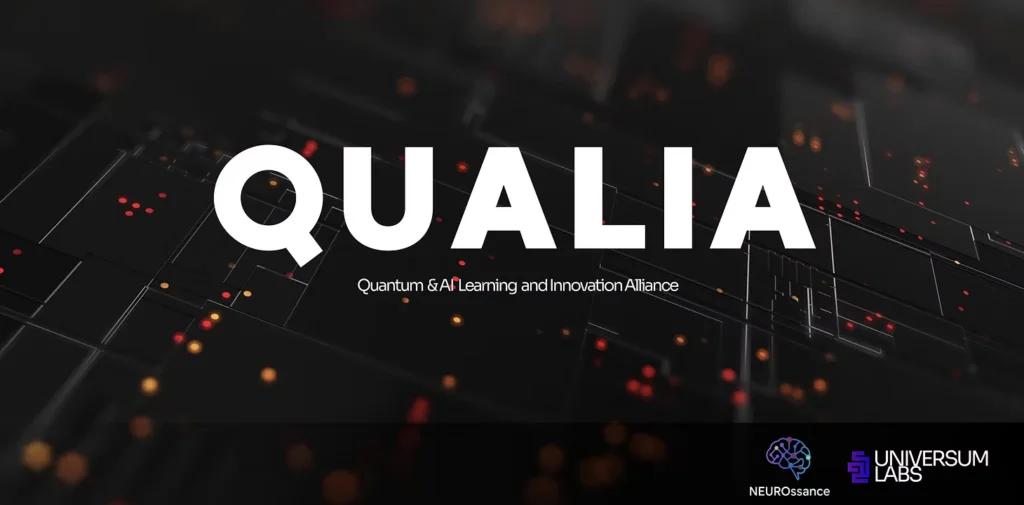Insider Brief
- Middle Tennessee State University recently launched the STEM with UKRAINE Initiative to sustain quantum computing education in the Ukraine.
- The partnership now include 29 Ukrainian universities and institutions, 10 U.S. institutions and a Canadian university.
- The program has successfully guided 100 participants to earn completion certificates.
Middle Tennessee State University (MTSU) has launched the STEM with UKRAINE Initiative, partnering with Ukrainian and American universities and institutions to bring and sustain quantum computing education for an international audience, particularly focusing on students and faculty in Ukraine, WGNS Radio reported. The project aims to provide crucial educational resources amid the ongoing conflict with Russia.
“This collaboration aims to democratize access to quantum education and foster international cooperation in STEM fields (science, technology, engineering and math), especially to students and faculty in Ukraine, who, despite the very challenging times, continue to be fully committed to science and education,” said Hanna Terletska, associate professor in the Physics and Astronomy Department and head of MTSU’s Quantum Science Initiative, as reported by the radio station.
Terletska began the initiative by coordinating with Khrystyna Voitovych, an associate dean from Drohobych Ivan Franko State Pedagogical University (DSPU) in Ukraine. Together, they developed and led a virtual, three-month Introduction to Quantum Computing course this spring, the radio station reported.

Since its inception, the partnership has expanded to include 29 Ukrainian universities and institutions, 10 U.S. institutions, and one Canadian university. The course successfully guided 100 participants from diverse academic backgrounds and countries, including Canada, China, India, Italy, Ukraine, and the U.S., culminating in the awarding of completion certificates at the end of May.
“Our hope is that MTSU’s initiatives like STEM with Ukraine serve as beacons of innovation and collaboration,” said Terletska, originally from the Drohobych, Lviv region of Ukraine. “By breaking down barriers and fostering cross-cultural connections, these initiatives pave the way for a more inclusive and interconnected future in STEM,” she added, according to WGNS Radio.
The initiative is part of Terletska’s larger $800,000 National Science Foundation “ExpandQISE” grant, which she explained aims “to open up access to quantum training to all interested in quantum, welcoming participants from diverse educational backgrounds and levels of expertise, including high school teachers and seasoned faculty members, to a rich exchange of ideas and perspectives,” as WGNS Radio reported.
Participants and partners of the initiative have expressed their gratitude for Terletska’s dedication and the course’s structure. “I am extremely grateful to Professor Hanna Terletska for the time she allocated for lectures because the time difference is eight hours, and she had to be in touch every Wednesday at 8 in the morning. I believe that this is only the first step towards building a joint scientific and academic cooperation,” said Khrystyna Voitovych, Terletska’s main partner on the project, as reported by WGNS Radio.
Anna M. Houk, a Ukrainian Ph.D. candidate who contributed as a guest lecturer, highlighted the importance of the initiative. “Being able to contribute to quantum education and collaborate with Ukrainian institutions who prevail despite the challenges brought on by the war was important to me as a graduate student in quantum computing and a Ukrainian in the diaspora,” Houk said, according to WGNS Radio.
Participants from various educational backgrounds also shared their positive experiences. “Dr. Hanna Terletska managed to create an interesting course of lectures for beginners. I especially want to note how successfully the professional teaching style, effective interaction with the audience, and open friendly atmosphere were combined,” Juli Seti, a physics professor from Ukraine’s Yuriy Fedkovych Chernivtsi National University, told WGNS Radio.
Nataliya Veretko, a Ukrainian middle and high school applied technology and labor training teacher, found the course challenging but ultimately accessible. “Thanks to the excellent presentation of the topics and the clear, accessible explanations by Professor Hanna Terletska, everything became easier. Thank you … for the chance to learn about emerging quantum technologies, which are crucial for the education of our students,” Veretko said, as reported by WGNS Radio.
The initiative has not only provided valuable education but also fostered a sense of global community and resilience, demonstrating the power of collaboration and innovation in overcoming adversity, according to the radio station.
You can learn more about the Quantum Science Initiative at MTSU, including other partnership opportunities, at https://mtsu.edu/quantum/

